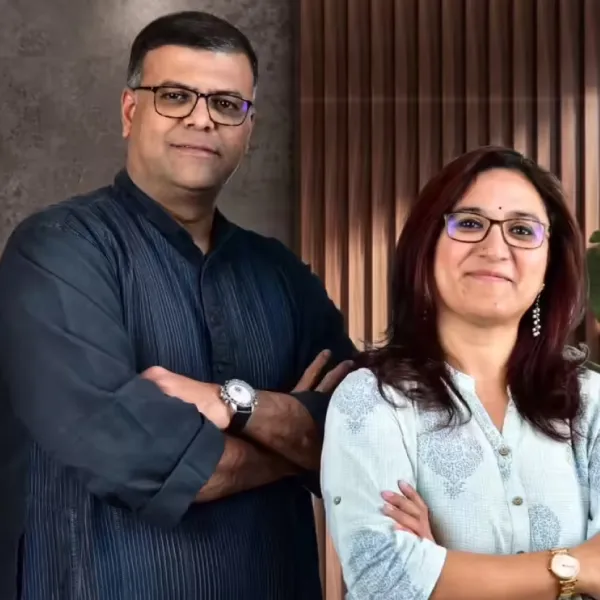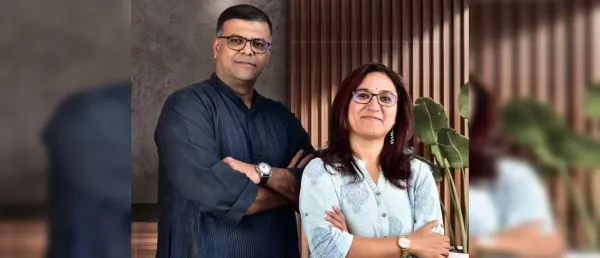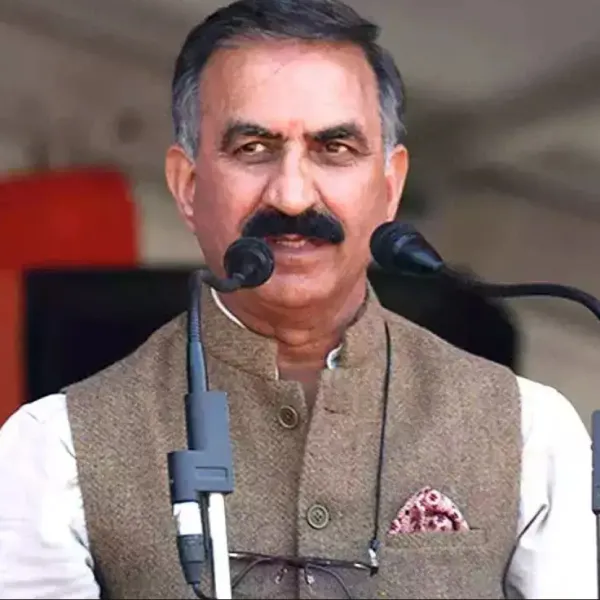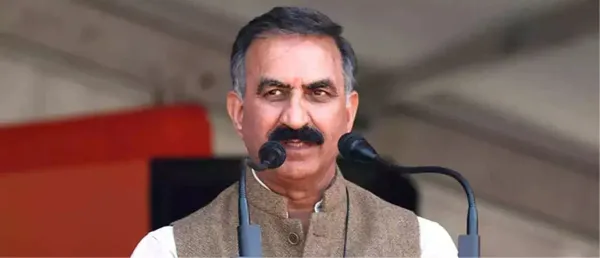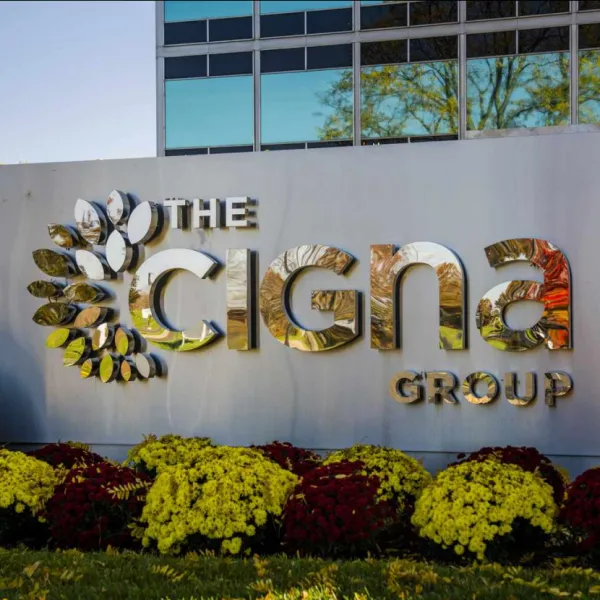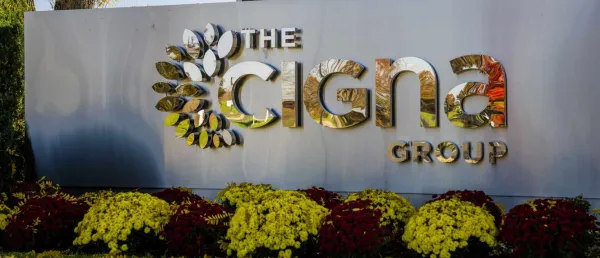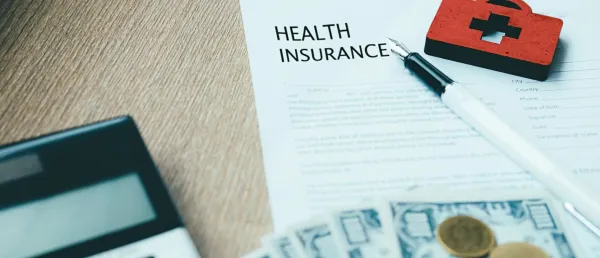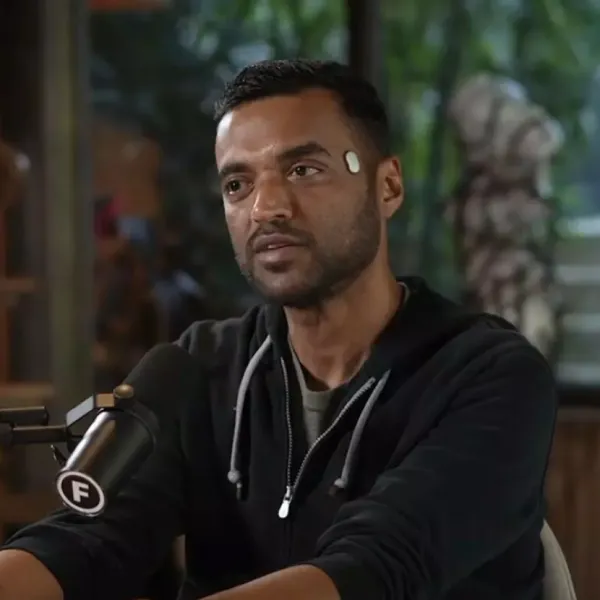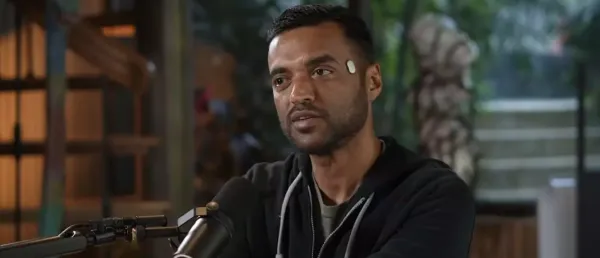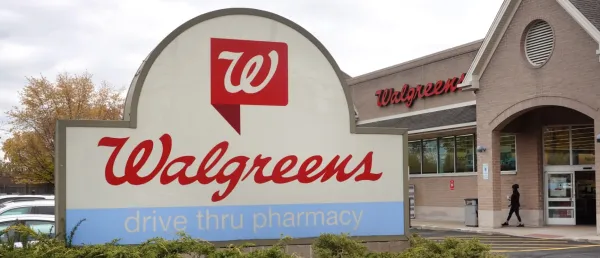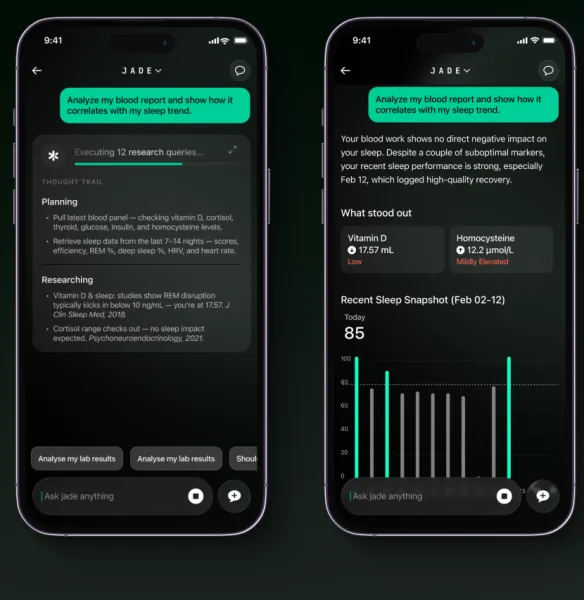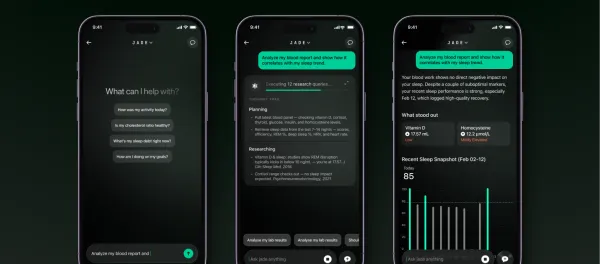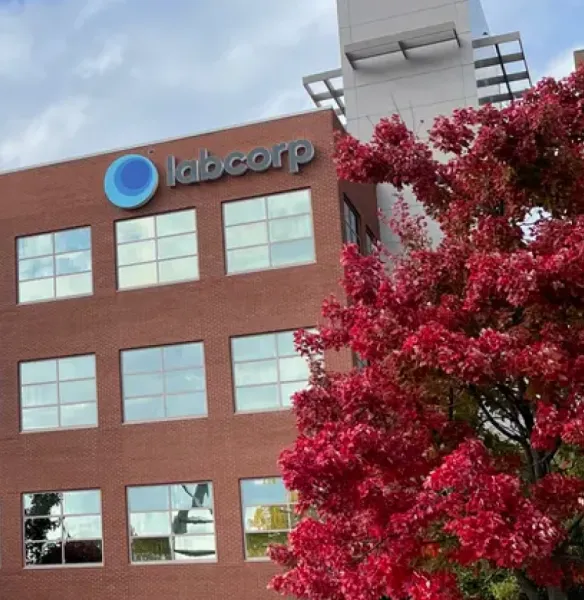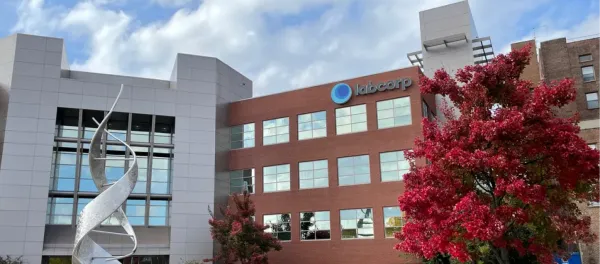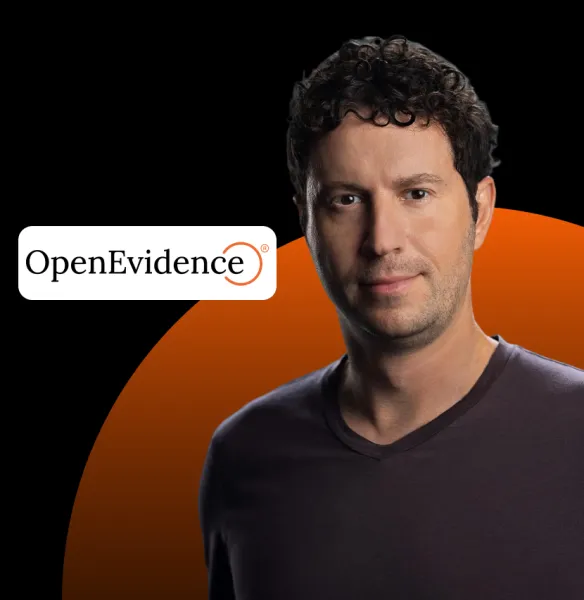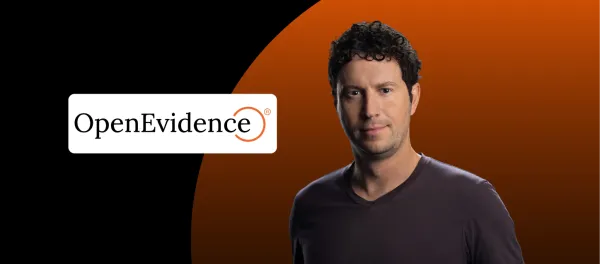Takeda Partners with Hyd-Based Biological E. for Dengue Vaccine Manufacturing

The collaboration aims to manufacture Takeda's dengue vaccine, TAK-003, within India, aligning with the WHO's 2030 target of zero dengue deaths.
In an effort to combat the global threat of dengue fever, Takeda Pharmaceutical Company has entered into a strategic partnership with Hyderabad-based Biological E., a biotechnology and biopharmaceutical company.
The collaboration focuses on producing Takeda's dengue vaccine, TAK-003, within India, aligning with the World Health Organization's target of zero case-fatality rate due to dengue by 2030.
Under this partnership, Biological E. will bolster its production capacity to manufacture up to 50 million doses of the dengue vaccine annually. This concerted effort aims to expedite Takeda's overarching goal of producing 100 million doses annually within the next decade.
Commenting on the partnership, Gary Dubin, MD, president of Takeda's global vaccine business unit, said, "Our long-term goal for our dengue program has been to make TAK-003 broadly available to those at risk who may benefit from immunization."
Government & Industry Support
The unveiling of this partnership took place during the BioAsia 2024 conference, a prominent regional forum in life sciences and healthcare. Telangana’s Chief Minister, Anumula Revanth Reddy, expressed delight in Hyderabad, Telangana, being chosen as the manufacturing site for the dengue vaccine. Reddy hailed this collaboration as a significant step towards bolstering gregional healthcare access.
Echoing similar sentiments, Telangana's Minister of Industry & Commerce, Duddilla Sridhar Babu, underscored that enhancing healthcare access requires collaboration between science, government, and industry.
He said, "Leveraging Takeda's technological expertise and Biological E's manufacturing capabilities will support greater accessibility and affordability of dengue vaccines, contributing to the nation's healthcare resilience and future preparedness."
Future Prospects & Regional Impact
Dengue fever, the fastest-spreading mosquito-borne viral disease, poses a significant threat globally. Approximately half of the world's population is now at risk of contracting dengue, with India and Southeast Asia being among the most highly endemic regions.
The recent recommendations by WHO's Strategic Advisory Group of Experts (SAGE) on immunization further underscore the urgency of addressing this public health challenge.
Talking about the potential impact of the partnership, Dion Warren, head of Takeda's India & Southeast Asia Multi-country Organisation, said, "With vaccine approvals in Thailand, Indonesia, and recently in Malaysia, we are excited for a future where integrated protection against dengue can potentially improve the lives of countless people in India, Southeast Asia and beyond."
Takeda's vaccine is available for children and adults in countries including Indonesia, Thailand, Argentina and Brazil, but is not approved for use in India.
Brazil has bought 5.2 million doses of Qdenga, with an additional 1.32 million doses provided at no cost, as the country undertakes emergency measures and mass vaccination against the mosquito-borne disease.
Since the beginning of 2023, the world has been facing an upsurge of dengue cases and deaths reported in endemic areas, with further spread to areas previously free of dengue, according to the World Health Organization.
It estimates more than five million dengue cases and over 5,000 associated deaths have been recorded across all six WHO regions.
In addition to this partnership, Takeda Pharmaceutical recently achieved an accomplishment with the approval of its eosinophilic esophagitis (EoE) therapy by the US Food and Drug Administration (FDA).
The therapy, known as Eohilia, marks the first oral treatment for EoE, providing a new option for children and adults above 11 years.
Stay tuned for more such updates on Digital Health News











